‘My hair is a
symbol of pride’
Six stories about black women's hair
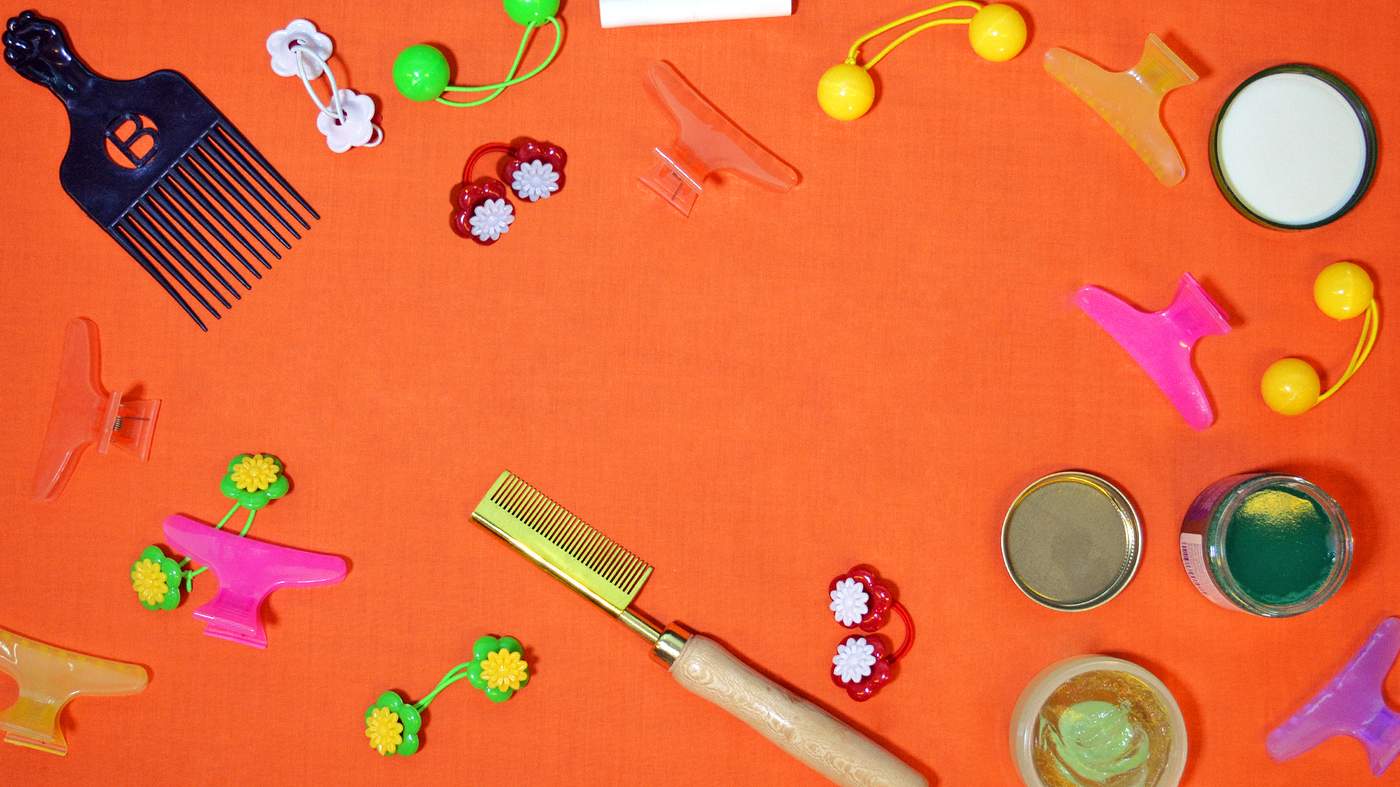
I was 13 years old when I first got my hair chemically straightened, after begging my mum for years to let me do it. I’d sit with the cream in my hair for as long as possible, trying my best not to wince at the burning sensation on my scalp - pain is beauty after all. I was so excited to have my hair just like all the women I saw on TV and in magazines.
It was after growing out my permed hair years later - embracing my natural curls - that I started reading about other black women’s stories. Many, like me, grew up feeling like their hair was never good enough.
This is why hair maintenance is so important to the black community. We learn to endure the pain of our mothers and aunts braiding patterns into our scalps. We spend a small fortune on butters, oils, and creams. We sit in the salon for hours on end to achieve the perfect look. And after all that we’re judged - no matter what we do.
I spoke to six women to find out what their hair means to them.
Rianna Walcott
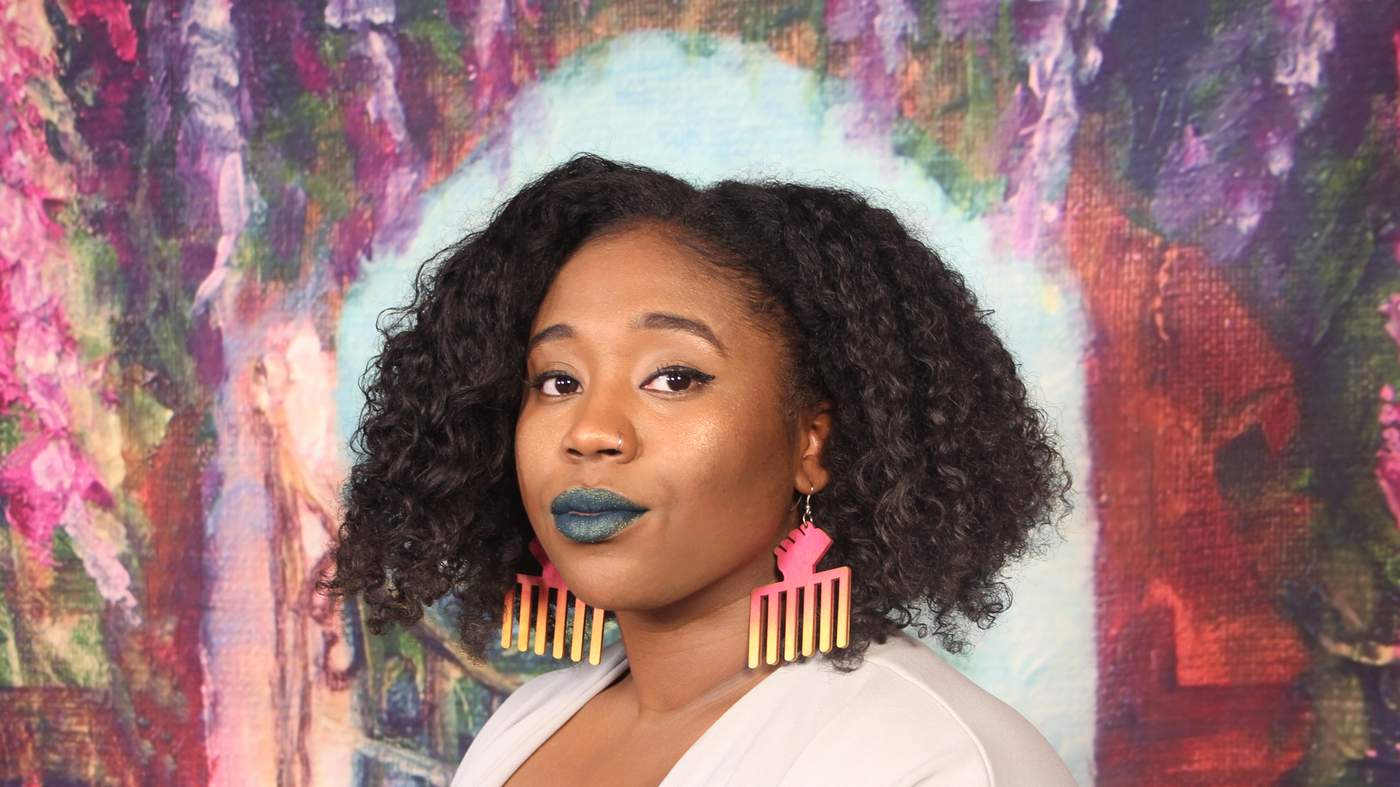
I’ve been natural all my life and always had my hair braided. When I turned 15 I started to wear my hair out in an afro. I went to a predominantly white school and kids would stick pencils in it and bully me. It made me so angry, I still get angry now. It wasn’t a case of friends touching each other’s hair, it was them satisfying their curiosity without my consent. My hair is a symbol of pride.
I used to work at a fancy bakery, popular with older white customers. My other colleagues were French, petite, blonde, so I felt like I had to tone down my blackness. I wore my hair in bantu knots and realised that when I put flowers in them, I was seen as cute and approachable and I’d get more tips.
Our hair is wrapped up in how we’re going to be treated. I have to do so much to the rest of my appearance to look less threatening. That’s why it’s frustrating when white girls have black hairstyles.
On a white girl it’s “cool”, while I have to bend over backwards to look competent and be taken seriously.
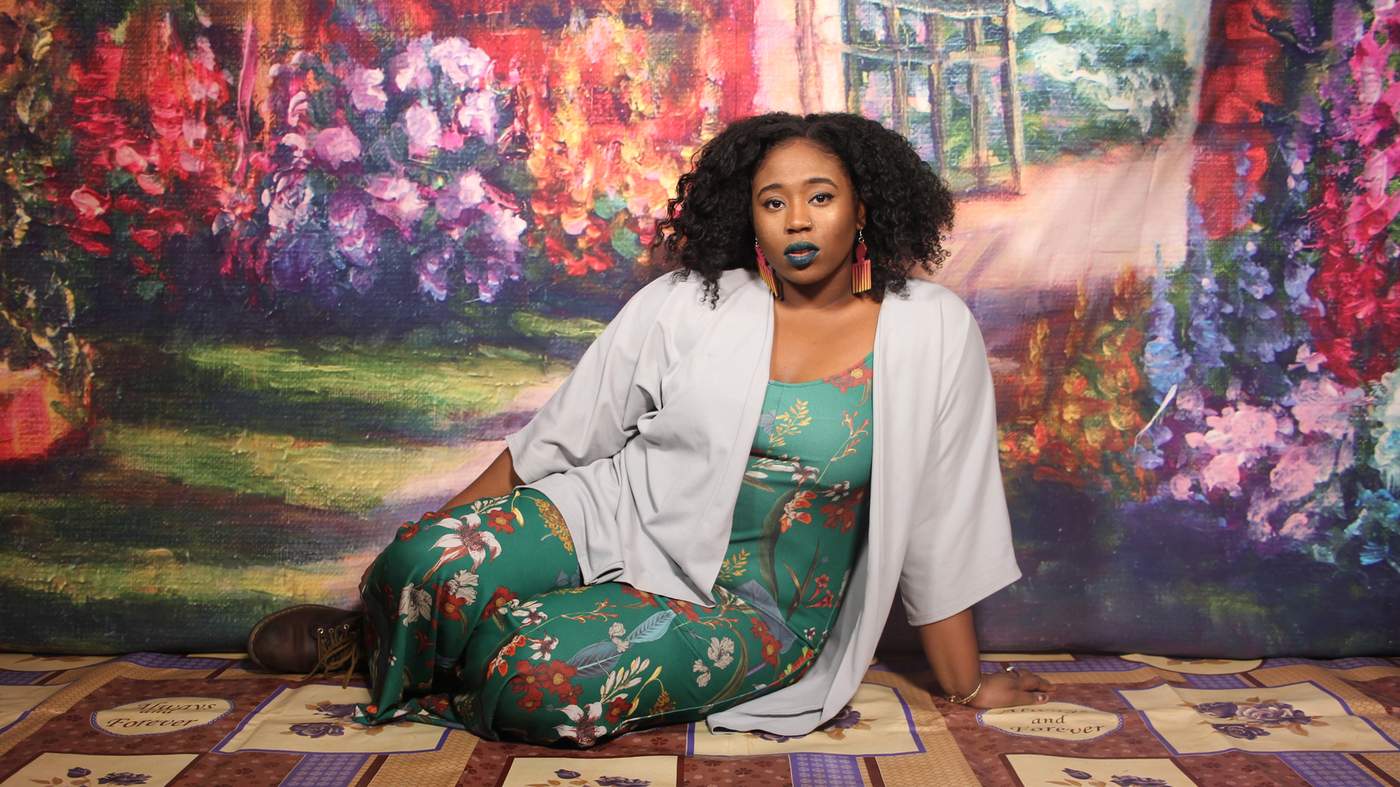
Esme Allman
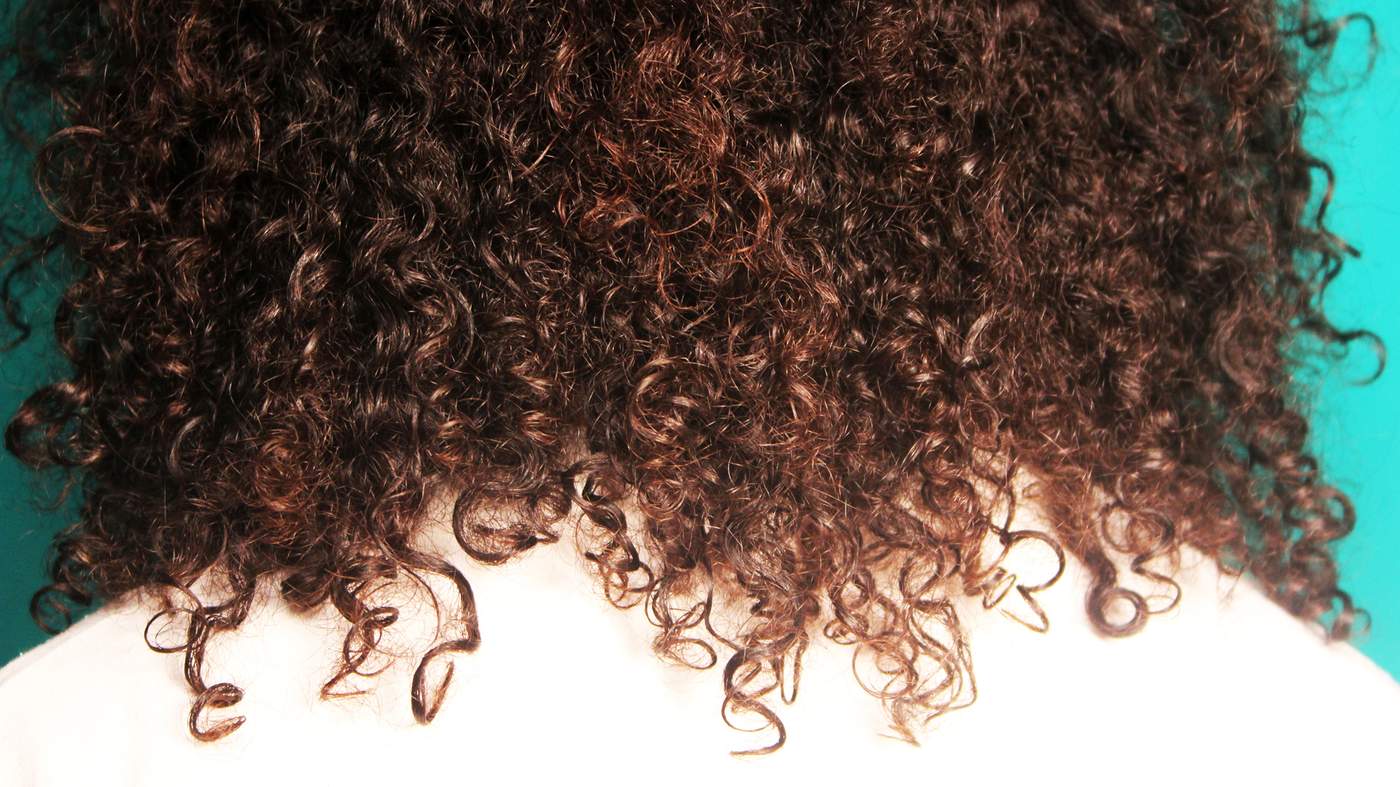
My dad is Jamaican and when I was very young I would sit with my head between his legs while he combed out my hair with an afro pick. I was whimpering because it was so painful, but he was having the time of his life, giving me this big hair.
But my mum never learned how to do my hair, and after giving me a disastrous haircut, she started taking me to the salon.
I’d always be super embarrassed because every other woman in the hair shop - whether she was getting braids or a weave - was black. I was there with my white mum, thinking, “This is kind of weird!”
I knew I was allowed to be there, but I got the sense that she shouldn’t be.
My mum is pretty in tune with the racial and gender dynamics at play. As a white woman coming into an unapologetically black female space, she gets that the salon is a special place for black women, who have to deal with racism on a day-to-day basis.
Hair shops are super important in that respect. They are rare spaces, somewhere to escape to.
I don’t have to explain myself in that room - they’ve got me and they’ll take care of me. It’s like a little community.
Denise Noble
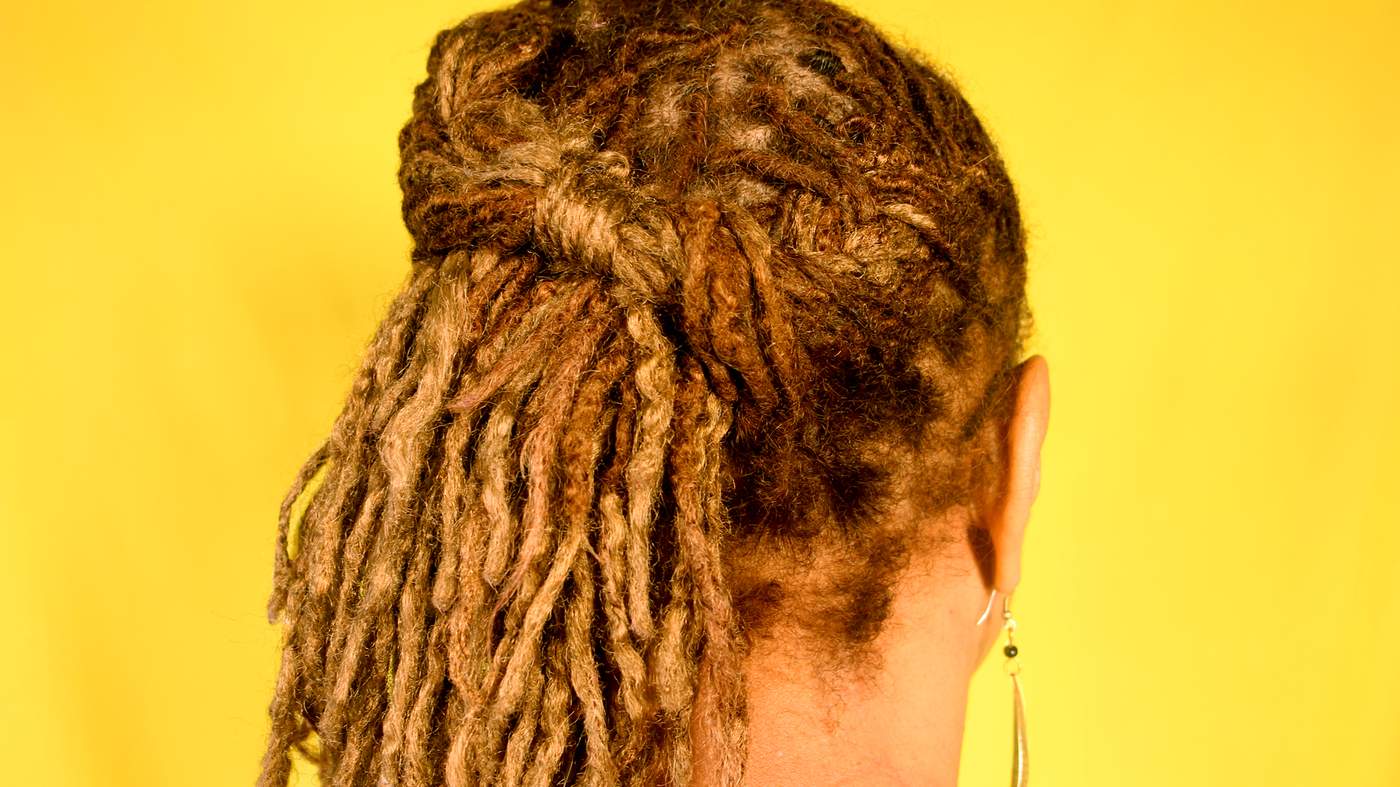
My earliest hair memory was when I was taken into care temporarily after my mother fell ill. I was three years old and when I was taken in, they lined the children up. I had long plaits and they cut the whole lot off from the root, because they didn’t know how to deal with black hair. It was traumatic - I’ll always remember it.
I had an afro from about 13 and I had a certain militancy about not wanting to conform. It was my identity as the only black girl in my year. Girls at school would touch my hair and I really didn’t like it. I knew from my political awareness that it was disrespectful, and I was very aware of making a statement with my hair.
I grew up in a very political home and was exposed to black power through my mother. She took us to Black Panther meetings and taught us to embrace our blackness and our culture as much as possible.
When I was an undergraduate in the 70s, black power and the resistance movement became very significant in shaping Black-British identities and I was heavily influenced by it. The Rastafari movement became more prominent too, and that’s when I started to wrap my hair in a Rasta head-wrap style.
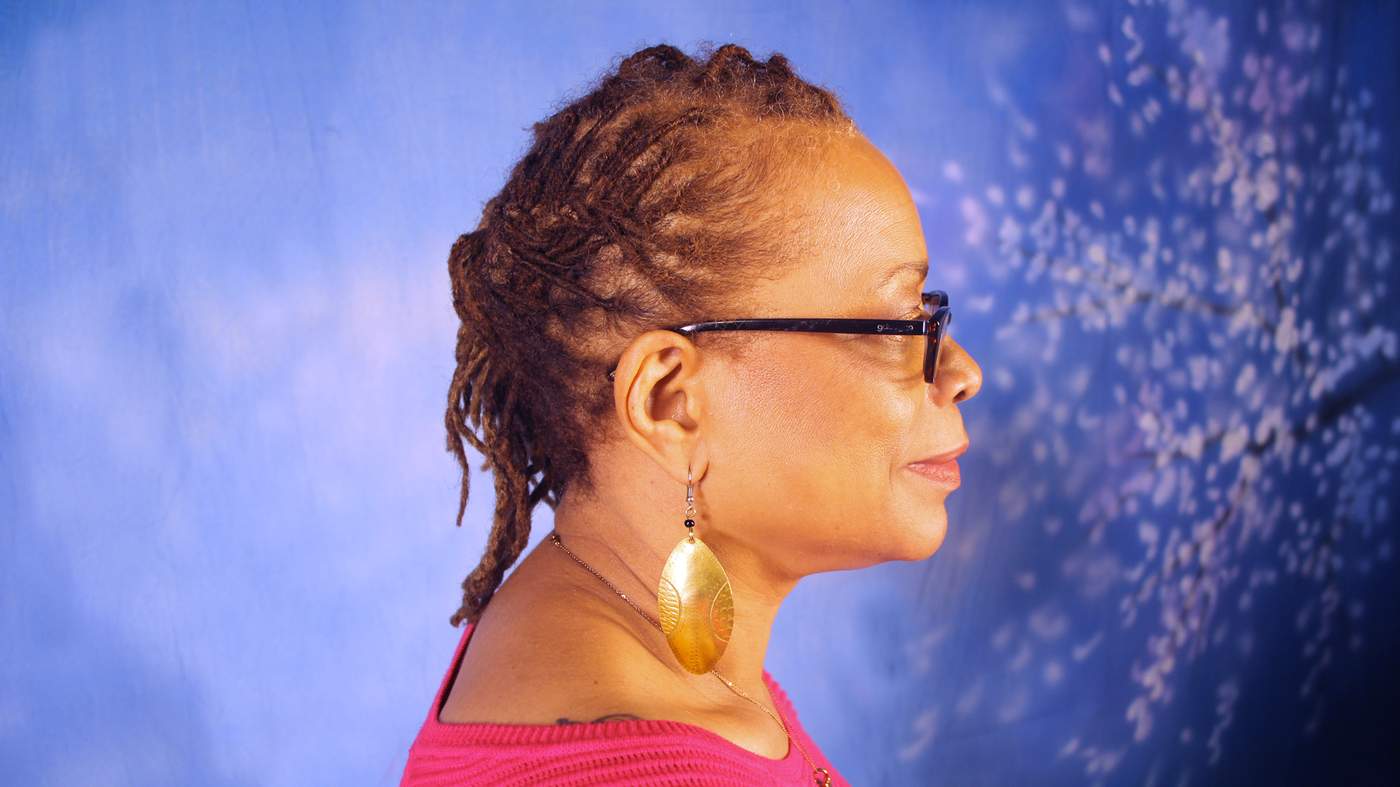
Lehkia Lee
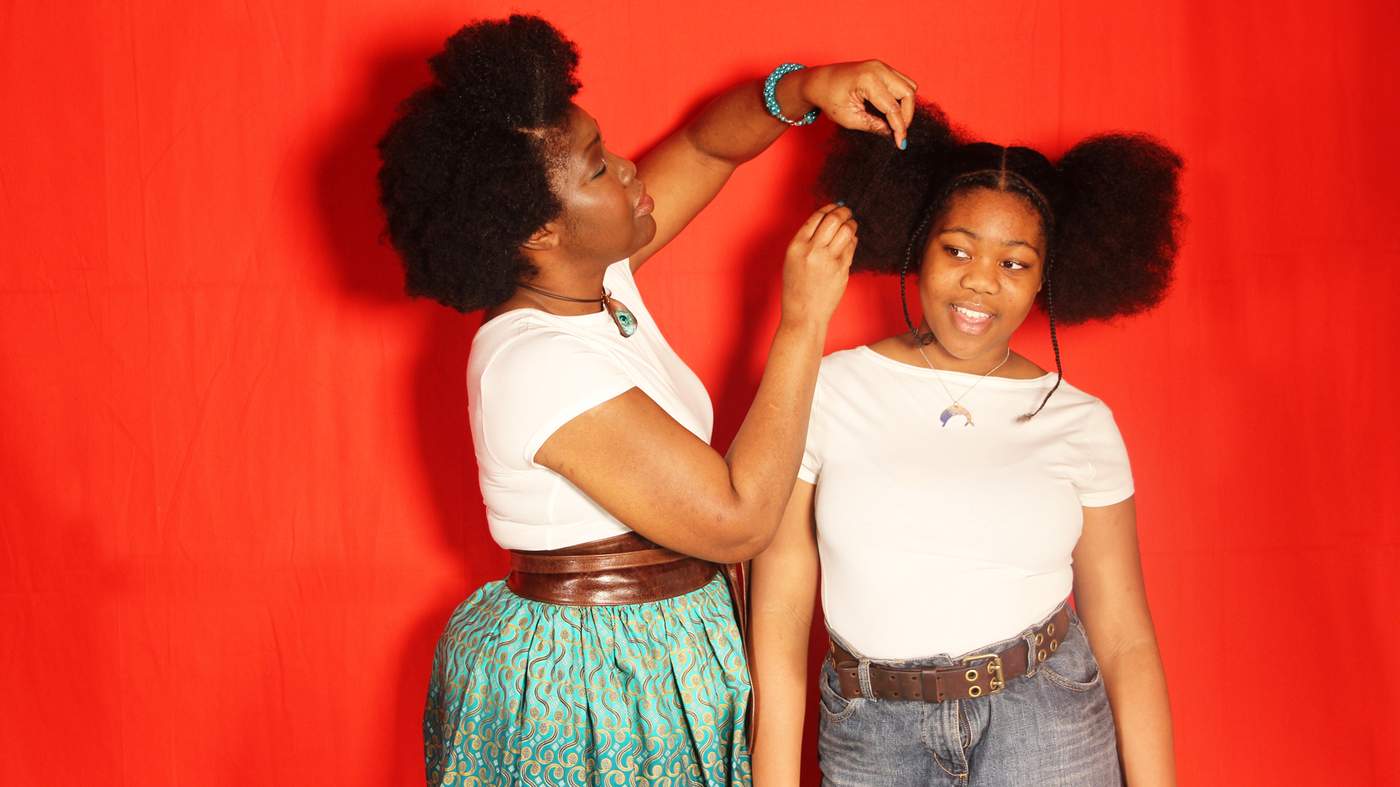
When my daughter was young, she had a habit of complimenting women’s hair but I noticed she only complimented women with straight hair, not afro-textured.
I didn’t want her to fall into the trap of comparing herself to society’s idea of “perfection”.
I didn’t want her to have to learn how to love herself and her hair.
I love fashion and used to collect magazines but I had to throw them away because I didn’t want my daughter Siirah to have a narrow perspective of what was considered beautiful. I bought her books featuring children that looked like her.
But even with everything I was doing, she would still only compliment black women with straight hair. I would sit down and think, “Why is this happening?” Then I realised it was because everything else around her, when she steps outside our house, is telling her something completely different about beauty.
I thought that if the billboards and advertising industry were more diverse and inclusive, it would be a positive thing for everyone. Not just for black girls, but girls of all races.
And that’s when I thought I'd make my own billboard to celebrate natural black hair.
By early 2017, we got our billboard up. It was a proud moment and my daughter was very proud as well.
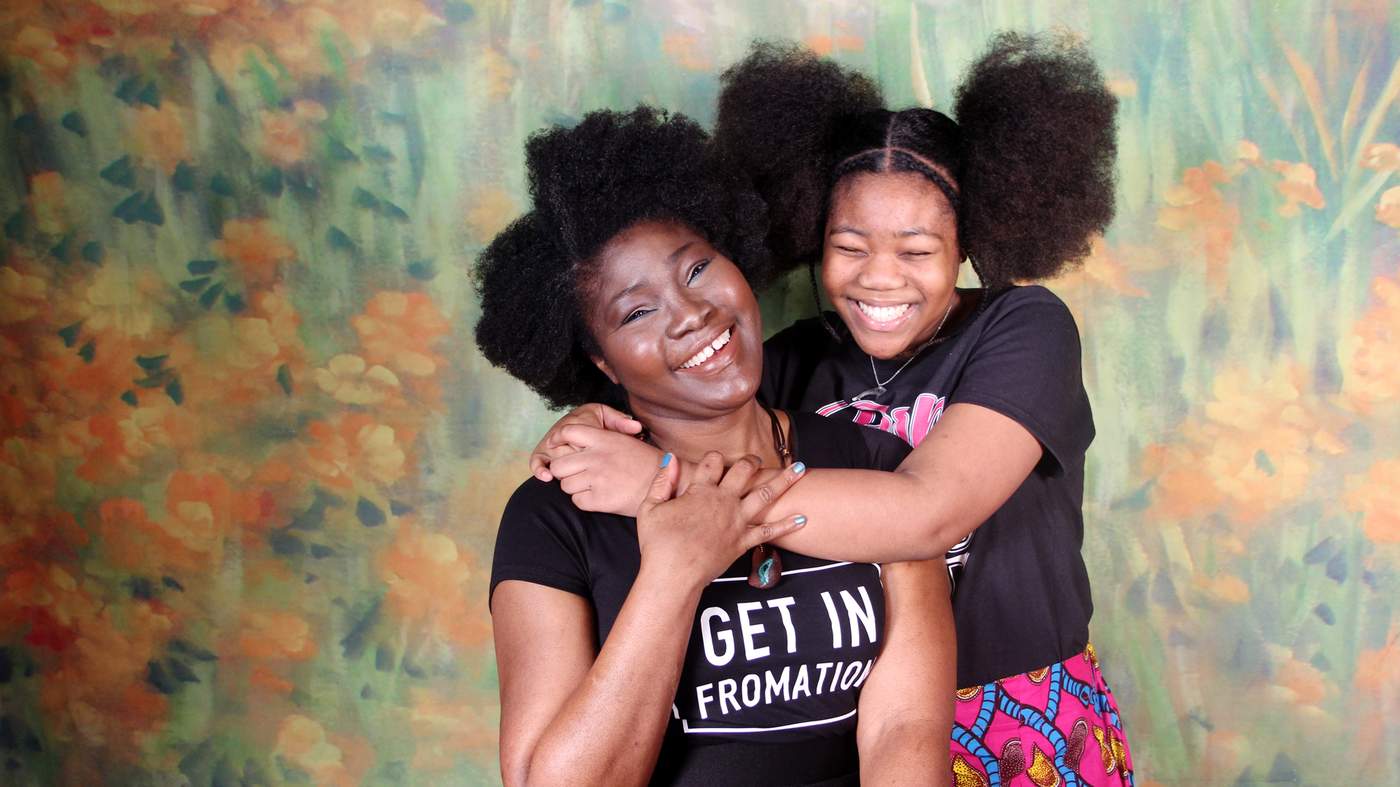
Maggie Mwangi
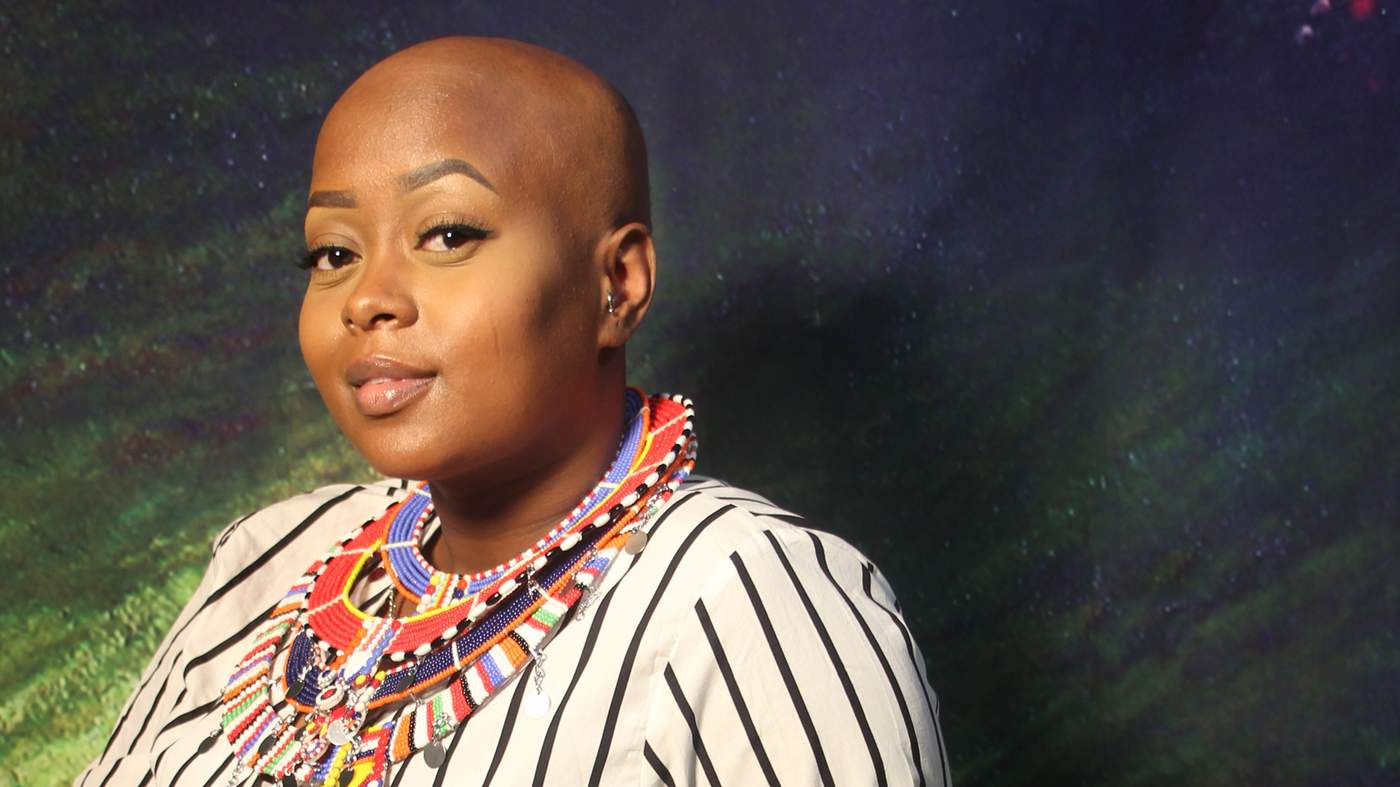
I grew up in Kenya where a lot of the girls around me had shaved heads, but I’ve also had alopecia since the age of five. Knowing that my hair was falling out was always very hard for me. When I came to the UK, I remember looking at girls in my primary school with long, natural hair. The culture and expectations here were totally different and that’s when I started to cover up and wear wigs. I was feeling self-conscious and paranoid.
When I was about to finish university, I realised I had spent my whole teenage life feeling sad about my hair. I wanted to turn it around and think differently.
Even though it might affect my self-esteem and confidence, I knew talking about it and being open would set me free. What was holding me in bondage was the fact that no-one knew I had alopecia. I remember always feeling unsafe and uncomfortable around people who didn’t know. It made it harder to trust them.
The support I’ve received through social media is so encouraging and it’s helped me believe that there is a purpose to what I’m doing. I’ve also come across a lot of other people with alopecia which really helps me feel like I’m not alone.
I think women put a lot of pressure on themselves to achieve “hair goals” and when they can’t do it, they start to think their hair isn’t good enough. Society plays a huge role in dictating what’s “better” or “nicer” but people should love themselves in their natural state and accept it.
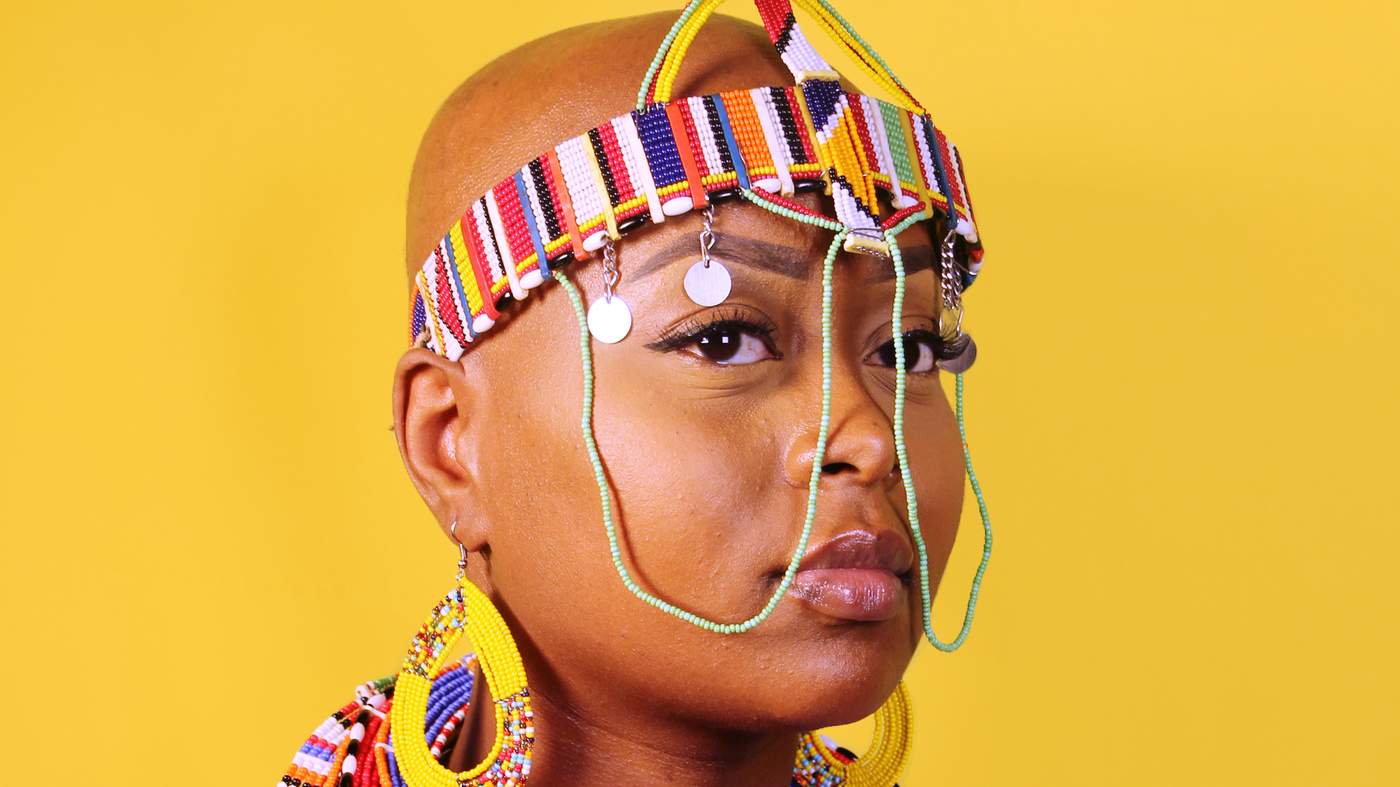
Jemmar Samuels
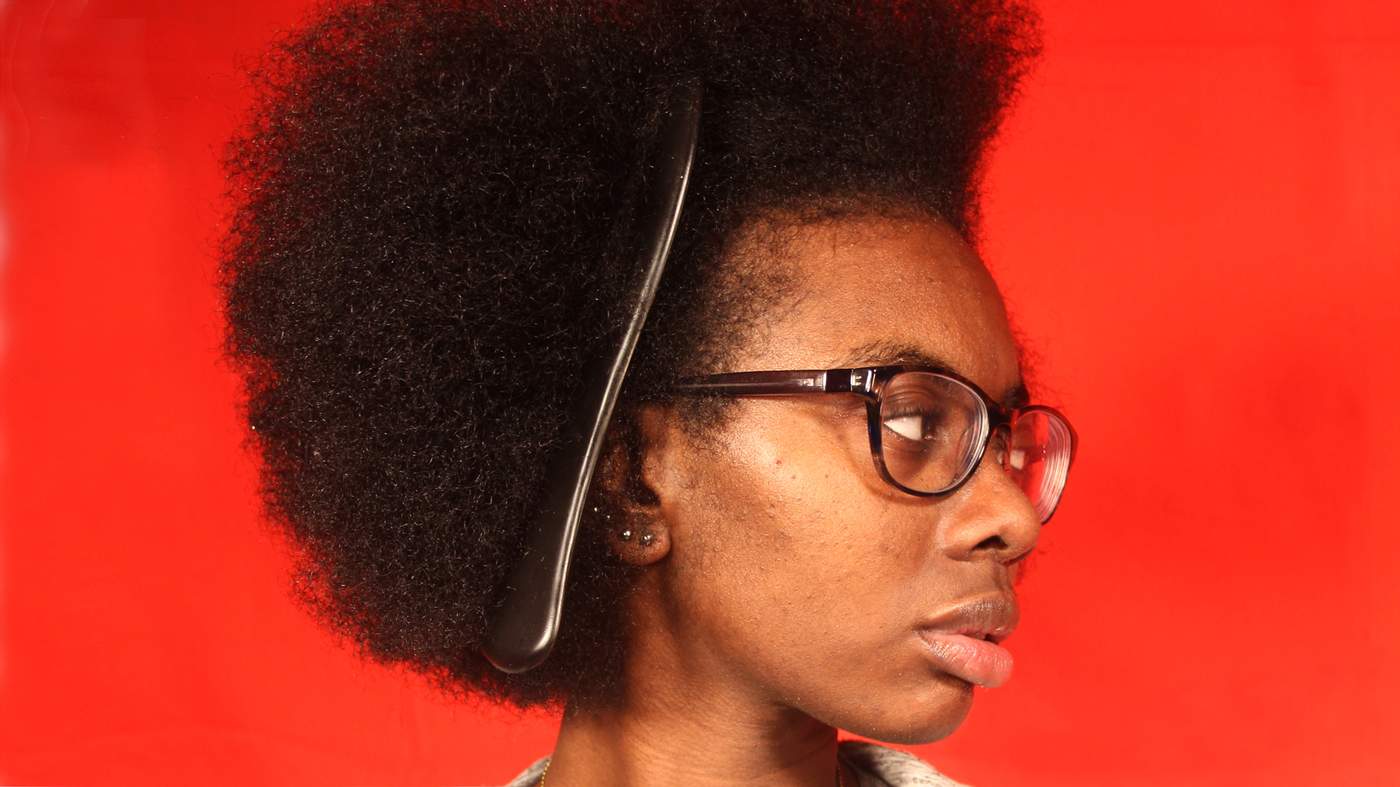
Before I permed my hair I felt like something was wrong with me and I hated how difficult my hair was to do. I only started to like my hair when it was permed straight and I began to get compliments. I remember getting so upset every time I’d see new growth of my afro hair coming through.
I used to pray to God every night to keep my hair straight.
Not only was I getting teased for having afro hair, I was also getting bullied for having dark skin and African features. Just because Jamaica is a black country it doesn’t mean it’s immune to these kinds of problems. I think many black countries still hold up Eurocentric beauty standards.
When I was a younger teenager I had this whole experience of hating myself and the way I looked, and I didn’t realise until I turned 16.
That’s why discovering the online natural hair community was life-changing for me. I remember watching a hair tutorial and at the end of the video the woman said, “Love your hair.” I used to think to myself, “Why would you say that?” The whole concept was so foreign to me, but I liked hearing it.
Then I started watching more videos with other women telling me to love my skin and love myself. It was just so refreshing.
At first I felt uncomfortable but after while I started to learn how to embrace my melanin and take care of my natural hair.
